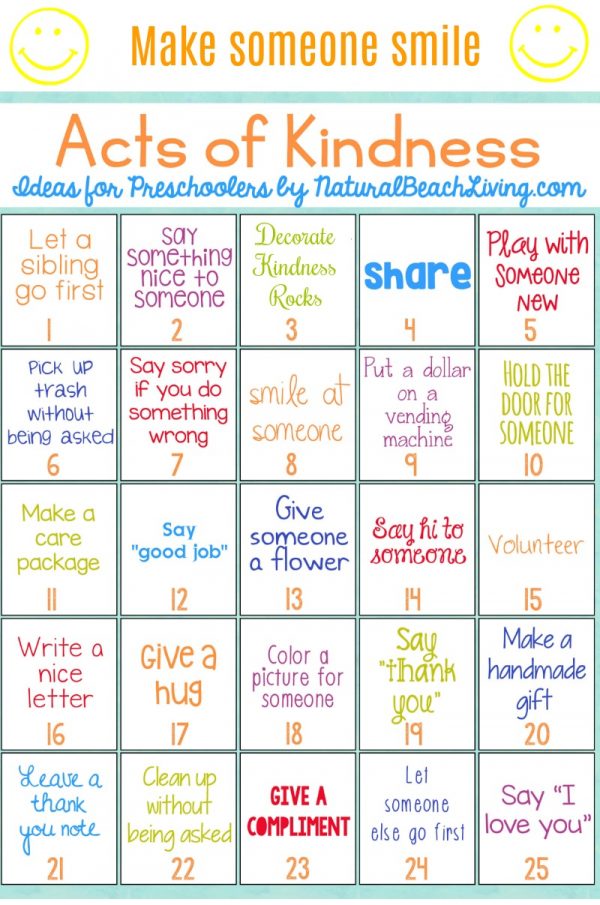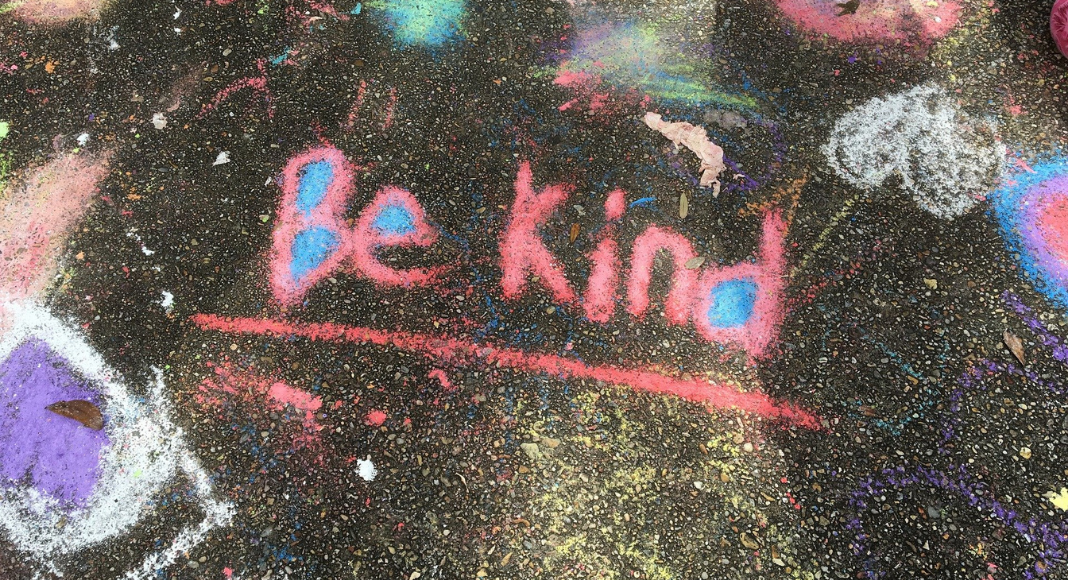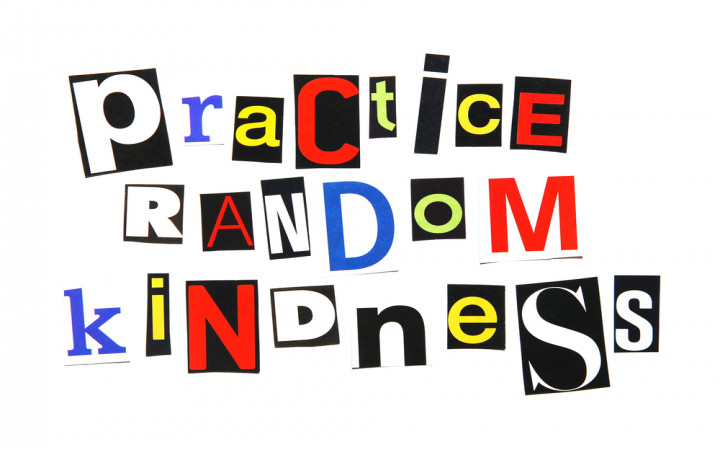
The people in the acts of kindness group had better uptake in some ways than the people in other groups,” she says. “I was surprised it was not a particularly hard sell. But, as it turned out, this wasn’t a problem. Cheavens says she wondered the same thing before the experiment happened. After all, they are already feeling overwhelmed and may have trouble getting themselves motivated to do more. Still, it seems like it might be hard to convince people who are depressed and anxious to add random acts of kindness to their lives. “It doesn’t take a lot of time to get the hang of doing something kind for other people, but it takes time to get the hang of thinking about your own thoughts differently and evaluating the evidence for your negative thoughts,” she says. That may explain why fewer people dropped out of the kindness activity than the thoughts record, says Cheavens. Though practicing kindness and doing thoughts records both increased people’s positive feelings over time, doing kind acts had larger benefits early on (which tapered off), while the opposite was true for thoughts records-positive feelings went down at first, then improved over time. “When people engaged in doing things for other people, these prosocial behaviors seemed to attenuate that self-focus that we all get sometimes when we’re in social situations,” she says. But in the study, they did find that being kind to others made people less self-conscious in public settings, which, in turn, was tied to less depression and anxiety. Why would kind acts help with mental health symptoms? It’s not certain, says Cheavens. “But the kindness group did as well or better, and that group also had increases in social connection that didn’t happen in the other two groups.” How kindness helps us “We did think that, if there was going to be an advantage of one group over another, it might be the thoughts record group, since that’s such a tried-and-true way of addressing depressive symptoms,” she says. And, while acts of kindness and social activities both improved people’s sense of social support, practicing kindness improved it even more, with benefits lasting up to five weeks.Ĭoauthor Jennifer Cheavens of The Ohio State University says she was surprised by the findings, in some ways. But the group that practiced random acts of kindness had greater reductions in depression and anxiety and higher satisfaction with life.

Results showed that, after the experiment, all three groups of people were less depressed and anxious, had lower negative feelings, and felt more satisfied with life.
RANDOM KINDNESS HOW TO
Thoughts records involve using a workbook to identify distressing or distorted thoughts and learn how to challenge those thoughts to make them less problematic (a CBT technique called cognitive reappraisal).īefore the experiment started, every week during, and five weeks after it ended, the participants reported on their depression, anxiety, and stress their sense of social support their positive and negative feelings their satisfaction with life and their degree of “self-absorption”-meaning, how much they focused on themselves in private and how self-conscious they were about what other people thought of them in public.

And it requires some intentional actions. Can you imagine a world where Kindness is the Norm?

The Random Acts of Kindness that connect you to your humanity, reminds you how much love there is in the world, and inspires you to pay it forward. The little, tender gestures when you need them most, (but expect them the least). The person on the bus who offers their seat to a pregnant or elderly person. The clerk at the store who tells you to ‘have a great day’.and really means it. They’re the people that end up brightening what otherwise would’ve been ‘just a normal day’.

‘RAKtivist’ is short for ‘Random Acts of Kindness activist’.


 0 kommentar(er)
0 kommentar(er)
